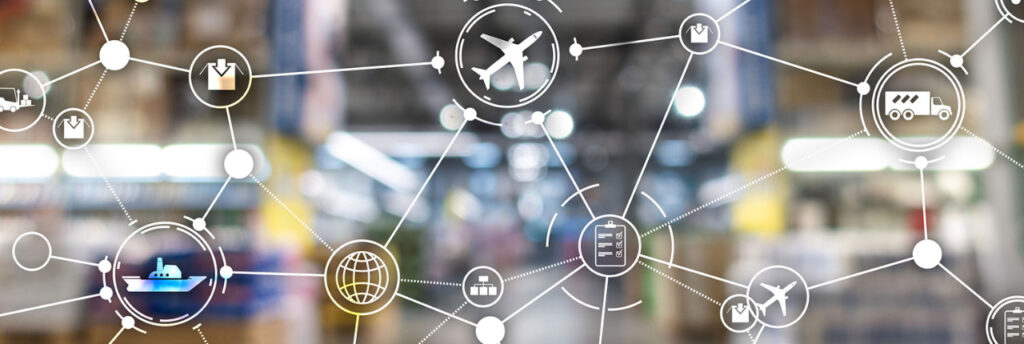In today’s fast-paced business world, effective logistics project management is crucial for the success of any organization. Technology plays a significant role in modern logistics project management, enabling better communication and collaboration, improving efficiency and productivity, enhancing visibility and transparency, and allowing for a greater ability to respond to changing needs and demands.
Streamlining Communication and Collaboration
Technology can facilitate better communication and collaboration among team members and stakeholders in logistics project management. Project management software, such as Asana or Trello, allows team members to collaborate on tasks, share documents, and track progress in real-time. Video conferencing platforms, such as Zoom or Skype, allow for virtual meetings and discussions, making it easier to stay connected and communicate with team members and stakeholders regardless of location.
Improving Efficiency and Productivity
Technology can also help streamline and automate processes in logistics project management, leading to improved efficiency and productivity. Transportation management systems, such as Descartes or MercuryGate, enable logistics professionals to optimize routes, schedule deliveries, and track shipments in real-time. Warehouse management systems, such as BlueYonder or Infor, enable logistics professionals to manage inventory, track orders, and optimize warehouse operations. By leveraging technology, logistics project managers can save time and resources, enabling them to focus on higher-level tasks and strategy.
Enhancing Visibility and Transparency
Technology can provide real-time visibility and transparency into logistics project management processes, allowing for better decision-making and problem-solving. Tracking and monitoring systems, such as GPS or RFID, enable logistics professionals to track the location and status of shipments in real-time. Data analytics platforms, such as Tableau or Qlik, allow logistics professionals to analyze data and gain insights into key performance indicators, helping them to identify areas for improvement and optimize processes. By utilizing technology, logistics project managers can have a clear and comprehensive view of their operations, enabling them to make informed decisions and identify and resolve issues quickly.
Responding to Changing Needs and Demands
Technology also enables logistics project managers to be more agile and responsive to changing needs and demands. With the ability to access and analyze data in real-time, logistics project managers can quickly adapt to disruptions or challenges, such as pandemics or natural disasters. By leveraging technology, logistics project managers can be more resilient and adaptable, enabling them to continue to meet the needs of their customers and stakeholders.
In conclusion, the role of technology in modern logistics project management is significant. By leveraging technology, logistics project managers can streamline communication and collaboration, improve efficiency and productivity, enhance visibility and transparency, and respond to changing needs and demands. If you are interested in learning more about how technology can benefit your logistics project management efforts, don’t hesitate to reach out to John Pipe International. Our team of experts can assist you in choosing the right technology solutions for your specific needs. Contact us today to learn more about our services.

